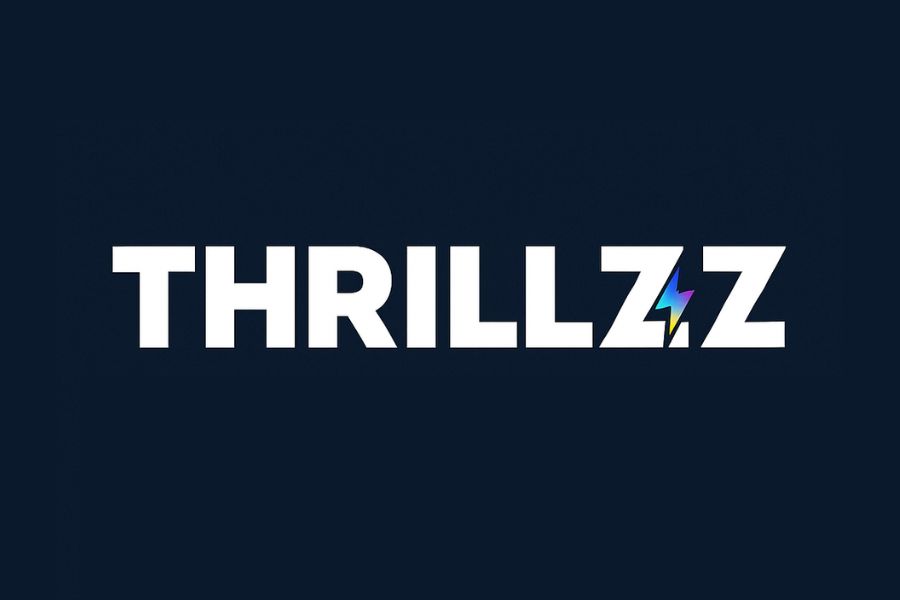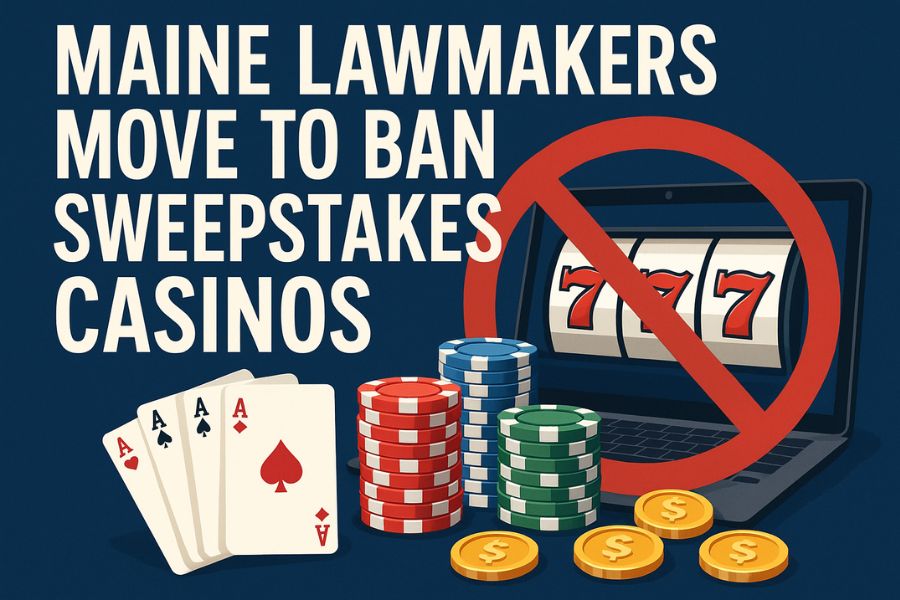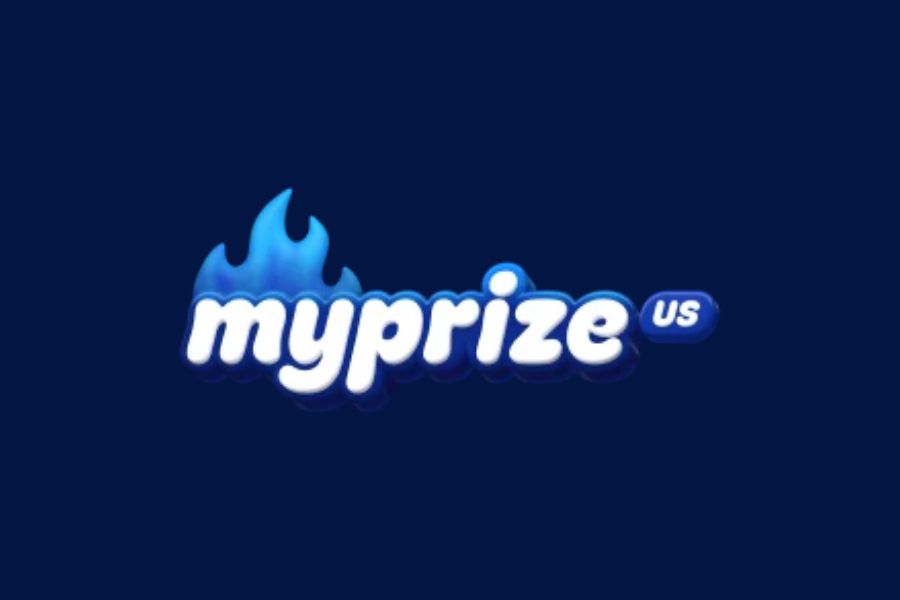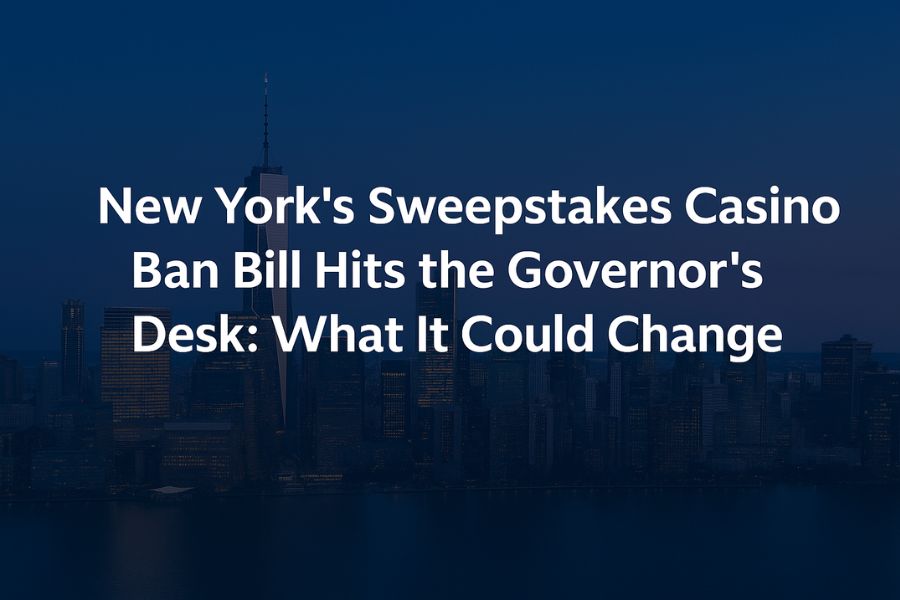Online social sportsbook Thrillzz has been sued in California in a proposed class action that says the company ran illegal betting, despite branding itself as a sweepstakes platform.
The case was filed in federal court in San Diego and seeks restitution for California users. It comes as state leaders weigh a bill that could ban sweepstakes casinos outright.
What the Lawsuit Says
Plaintiffs argue that Thrillzz operates more like a sportsbook than a free-to-play game. The complaint cites California Penal Code 337(a), which outlaws taking bets on the outcomes of contests or competitions.
The suit asks for a jury trial and claims Californians were misled into paying for entries tied to cash-like rewards.
According to the filing, customers could buycoin bundles that increased their chances to win prizes. The plaintiffs say this is not a harmless promotion, but an unlicensed betting product. The lawsuit also seeks class certification, which would allow many California users to join the case.
Penalties under section 337(a) can be severe. Depending on the facts, violations may be charged as a misdemeanor or felony, with potential fines and even jail time. While those criminal outcomes would be up to prosecutors, the civil suit focuses on refunds and other relief for consumers.
In public messaging, Thrillzz has described itself as a free sportsbook that offers rewards rather than real-money payouts. The company’s site emphasizes free-to-play, but officials in multiple states have questioned that framing. Regulators say the mix of paid coins, odds, and prizes can still look like gambling.
This case follows recent pressure on social sportsbooks and sweepstakes brands. Earlier this year, Arizona regulators sent a cease-and-desist to Thrillzz, and the company exited that state. The platform now blocks users from a growing list of states where sweepstakes models face legal scrutiny.
Why It Matters for Social Sportsbooks
California is a bellwether for the U.S. market. A new bill, AB 831, would create a statewide ban on dual-currency sweepstakes casinos and similar gamified betting sites. If signed by Governor Gavin Newsom, the measure could reshape how social sportsbooks operate—or whether they can operate at all.
The bill has drawn support from many tribal groups that view sweepstakes casinos as unregulated competitors. Some voices, however, have raised concerns about scope and enforcement. Even so, AB 831 has moved through key committees, signaling strong momentum toward tighter rules.
For consumers, the lawsuit highlights risk and confusion around novel betting-like apps. A brand can market itself as “free”, yet still involve paid entries, odds, and prize redemption. When that line blurs, players may not know what protections they have—or whether local laws actually allow the product.
For operators, the message is clear: a sweepstakes label isn’t a shield if the product functions like sports betting. Lawsuits and enforcement moves can bring sudden exits, accountclosures, and long refund battles. The cost is not just legal fees, but also trust with users and partners.
What happens next? The court will set deadlines for responses, motions, and possible early challenges. The plaintiffs will try to certify a class, while Thrillzz may fight on jurisdiction, claims, or the case’s theory of illegality. In parallel, California’s legislature could change the rules before the case even ends.




